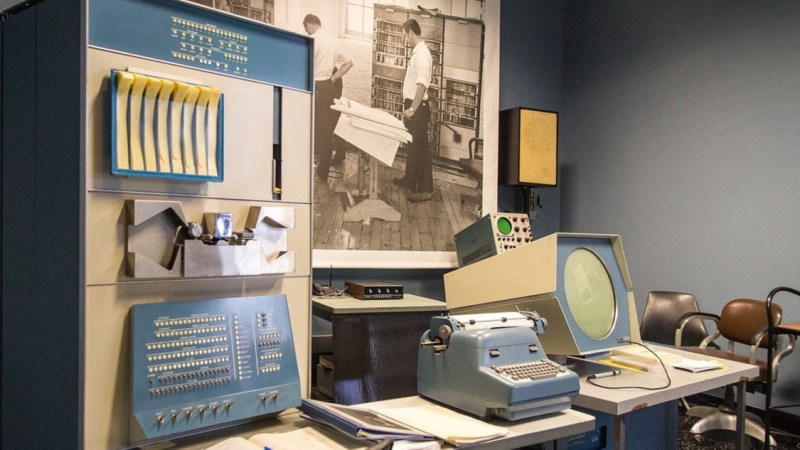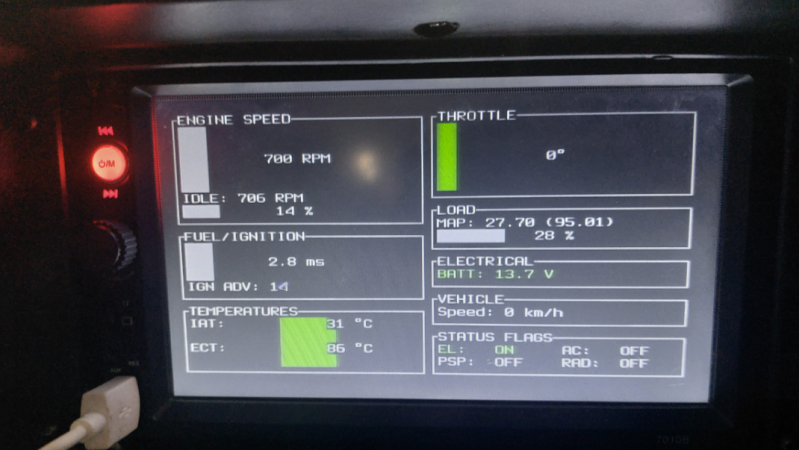In a world where creativity reigns supreme, Adobe has just gifted us with a shiny new toy: the Firefly Boards. Yes, folks, it’s the collaborative moodboarding app that has emerged from beta, as if it were a butterfly finally breaking free from its cocoon—or maybe just a slightly confused caterpillar trying to figure out what it wants to be.
Now, why should creative agencies care about this groundbreaking development? Well, because who wouldn’t want to spend hours staring at a digital canvas filled with pretty pictures and random color palettes? Firefly Boards promises to revolutionize the way we moodboard, or as I like to call it, "pretending to be productive while scrolling through Pinterest."
Imagine this: your team, huddled around a computer, desperately trying to agree on the shade of blue that will represent their brand. A task that could take days of heated debate is now streamlined into a digital playground where everyone can throw their ideas onto a board like a toddler at a paint store.
But let's be real. Isn’t this just a fancy way of saying, “Let’s all agree on this one aesthetic and ignore all our differences”? Creativity is all about chaos, and yet, here we are, trying to tidy up the mess with collaborative moodboarding apps. What’s next? A group hug to decide on the font size?
Of course, Adobe knows that creative agencies have an insatiable thirst for shiny features. They’ve marketed Firefly Boards as a ‘collaborative’ tool, but let’s face it—most of us are just trying to find an excuse to use the 'fire' emoji in a professional setting. It’s as if they’re saying, “Trust us, this will make your life easier!” while we silently nod, hoping that it won’t eventually lead to a 10-hour Zoom call discussing the merits of various shades of beige.
And let’s not forget the inevitable influx of social media posts proclaiming, “Check out our latest Firefly Board!” — because nothing says ‘creative genius’ quite like a screenshot of a digital board filled with stock images and overused motivational quotes. Can’t wait to see how many ‘likes’ that garners!
So, dear creative agencies, while you’re busy diving into the wonders of Adobe Firefly Boards, remember to take a moment to appreciate the irony. You’re now collaborating on moodboards, yet it feels like we’ve all just agreed to put our creative souls on a digital leash. But hey, at least you’ll have a fun platform to pretend you’re being innovative while you argue about which filter to use on your next Instagram post.
#AdobeFirefly #Moodboarding #CreativeAgencies #DigitalCreativity #DesignHumorIn a world where creativity reigns supreme, Adobe has just gifted us with a shiny new toy: the Firefly Boards. Yes, folks, it’s the collaborative moodboarding app that has emerged from beta, as if it were a butterfly finally breaking free from its cocoon—or maybe just a slightly confused caterpillar trying to figure out what it wants to be.
Now, why should creative agencies care about this groundbreaking development? Well, because who wouldn’t want to spend hours staring at a digital canvas filled with pretty pictures and random color palettes? Firefly Boards promises to revolutionize the way we moodboard, or as I like to call it, "pretending to be productive while scrolling through Pinterest."
Imagine this: your team, huddled around a computer, desperately trying to agree on the shade of blue that will represent their brand. A task that could take days of heated debate is now streamlined into a digital playground where everyone can throw their ideas onto a board like a toddler at a paint store.
But let's be real. Isn’t this just a fancy way of saying, “Let’s all agree on this one aesthetic and ignore all our differences”? Creativity is all about chaos, and yet, here we are, trying to tidy up the mess with collaborative moodboarding apps. What’s next? A group hug to decide on the font size?
Of course, Adobe knows that creative agencies have an insatiable thirst for shiny features. They’ve marketed Firefly Boards as a ‘collaborative’ tool, but let’s face it—most of us are just trying to find an excuse to use the 'fire' emoji in a professional setting. It’s as if they’re saying, “Trust us, this will make your life easier!” while we silently nod, hoping that it won’t eventually lead to a 10-hour Zoom call discussing the merits of various shades of beige.
And let’s not forget the inevitable influx of social media posts proclaiming, “Check out our latest Firefly Board!” — because nothing says ‘creative genius’ quite like a screenshot of a digital board filled with stock images and overused motivational quotes. Can’t wait to see how many ‘likes’ that garners!
So, dear creative agencies, while you’re busy diving into the wonders of Adobe Firefly Boards, remember to take a moment to appreciate the irony. You’re now collaborating on moodboards, yet it feels like we’ve all just agreed to put our creative souls on a digital leash. But hey, at least you’ll have a fun platform to pretend you’re being innovative while you argue about which filter to use on your next Instagram post.
#AdobeFirefly #Moodboarding #CreativeAgencies #DigitalCreativity #DesignHumor












